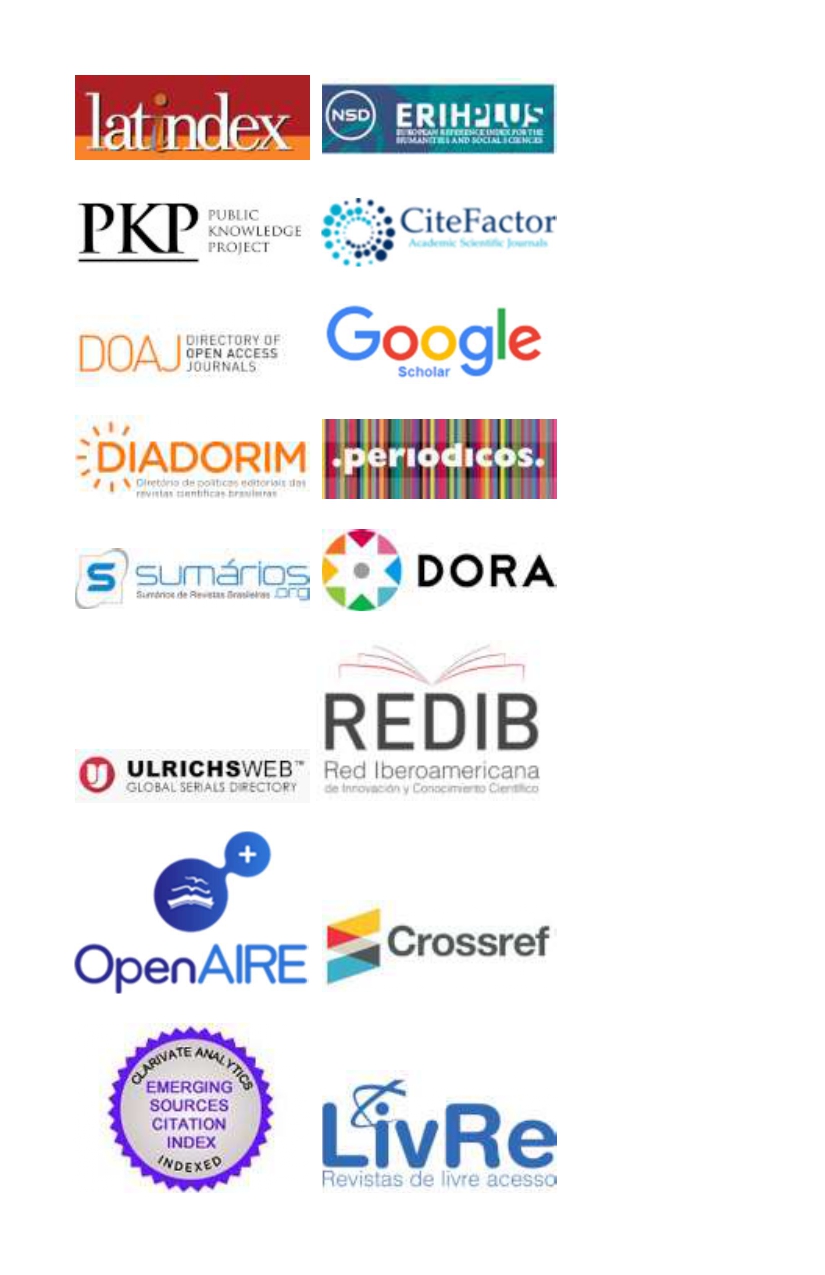Dois Tipos de Experimentação: Onde bypasses institucionais se encaixam?
Palavras-chave:
bypasses, desenhos institucionais, governança experimentalResumo
O conceito de experimentação está em voga em discussões sobre desenho institucional. Entretanto, este conceito apresenta uma importante ambiguidade, enfatizada no trabalho de Mariana Prado e Michael Trebilcock sobre bypasses institucionais. Os autores definem bypass como uma espécie de reforma institucional baseada na criação de uma instituição à parte que opera em paralelo e executa as mesmas funções da instituição original (Prado e Trebilcock 2019, 6–7). Assim, os autores conceituam bypasses como modos de criar possibilidades para experimentação. Ao mesmo tempo, Prado e Trebilcock diferenciam bypasses institucionais de estudos randomizados controlados ou randomização, um dos tipos mais conhecidos de experimentação (2019, 10–11). Ao fazer tal distinção eles destacam o fato de que a literatura sobre experimentação em desenho institucional cobre, no mínimo, duas diferentes concepções de experimentação. Parte dos trabalhos utiliza ‘experimentação’ como randomização; outra parte utiliza experimentação como processos mais abertos, associados à governança experimental. Este breve ensaio aborda a distinção entre esses dois tipos de experimentação, argumentando que bypasses institucionais normalmente se encaixam mais no segundo tipo, e enfatizando que os dois tipos de experimentação possuem diferentes vantagens e desvantagens como meios de aprendizado e de reforma.
Downloads
Referências
Davis, Kevin E. 2010. “Legal Universalism: Persistent Objections.” University of Toronto Law Journal 60 (2): 537–53.
———. 2019a. Between Impunity and Imperialism: The Regulation of Transnational Bribery. New York, NY: Oxford University Press.
———. 2019b. “The Limits of Evidence-Based Regulation: The Case of Anti-Bribery Law.” SSRN Scholarly Paper ID 3490807. Rochester, NY: Social Science Research Network. https://papers.ssrn.com/abstract=3490807.
Davis, Kevin E., e Mariana Prado. 2014. “Law, Regulation and Development.” In International Development: Ideas, Experience, and Prospects, edited by Bruce Currie-Alder, S. M. Ravi Kanbur, David Malone, and Rohinton Medhora, 477–86. Oxford: Oxford University Press.
De Búrca, Gráinne. 2017. “Human Rights Experimentalism.” American Journal of International Law 111 (2): 277–316.
De Búrca, Gráinne, Robert O. Keohane, e Charles Sabel. 2014. “Global Experimentalist Governance.” British Journal of Political Science 44 (3): 477–86.
Department of Justice. 2015. “Nine FIFA Officials and Five Corporate Executives Indicted.” May 27, 2015. https://www.justice.gov/opa/pr/nine-fifa-officials-and-five-corporate-executives-indicted-racketeering-conspiracy-and.
Department of Justice, U.S. Attorney’s Office, Eastern District of New York. 2018. “Former FIFA Executive, President of CONMEBOL and Paraguayan Soccer Official Sentenced to Nine Years in Prison for Racketeering and Corruption Offenses.” August 29, 2018. https://www.justice.gov/usao-edny/pr/former-fifa-executive-president-conmebol-and-paraguayan-soccer-official-sentenced-nine.
Prado, Mariana Mota, e Michael J. Trebilcock. 2019. Institutional Bypasses: A Strategy to Promote Reforms for Development. New York, NY: Cambridge University Press.
Sabel, Charles F., e Sabel Zeitlin. 2012. “Experimentalist Governance.” In Oxford Handbook of Governance, edited by David Levi-Faur. Oxford Handbooks. Oxford, UK: Oxford University Press.
The Committee for the Prize in Economic Sciences in Memory of Alfred Nobel. 2019. “Understanding Development and Poverty Alleviation.” Scientific Background on the Sveriges Riksbank Prize in Economic Sciences in Memory of Alfred Nobel.
The Nobel Prize. 2019. “The Prize in Economic Sciences 2019.” NobelPrize.Org. Nobel Media AB 2020. December 11, 2019. https://www.nobelprize.org/prizes/economic-sciences/2019/summary/.
Downloads
Publicado
Como Citar
Edição
Seção
Licença
Autores que publicam nesta revista concordam com os seguintes termos:
- Autores mantém os direitos autorais e concedem à revista o direito de primeira publicação, com o trabalho simultaneamente licenciado sob a Licença Creative Commons Attribution que permite o compartilhamento do trabalho com reconhecimento da autoria e publicação inicial nesta revista.
- Autores têm autorização para assumir contratos adicionais separadamente, para distribuição não-exclusiva da versão do trabalho publicada nesta revista (ex.: publicar em repositório institucional ou como capítulo de livro), com reconhecimento de autoria e publicação inicial nesta revista.
- Autores têm permissão e são estimulados a publicar e distribuir seu trabalho online após a publicação na revista.






